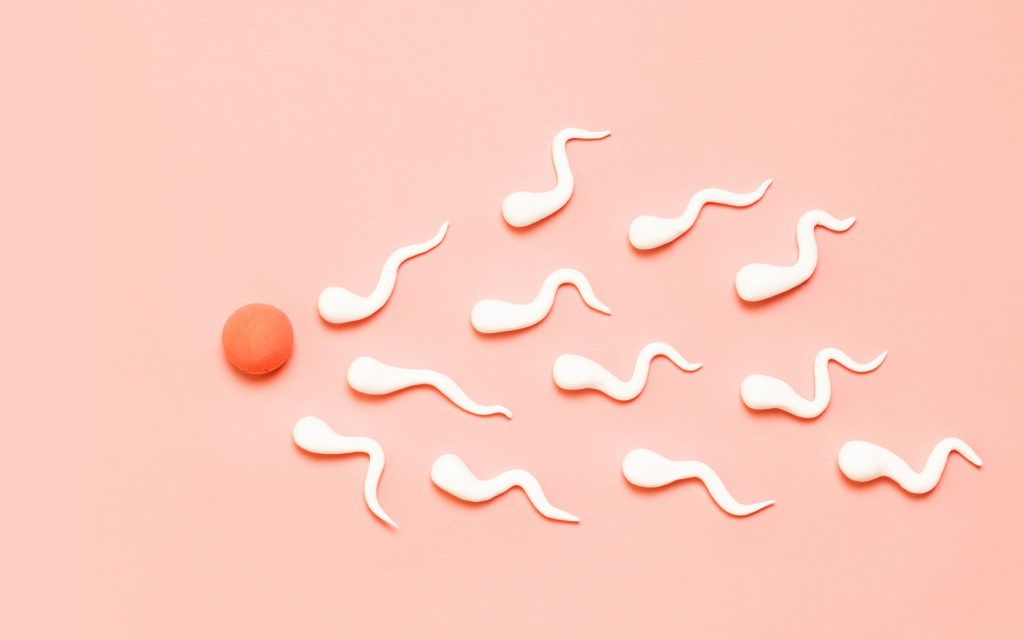HOW CONSUMING PITO, BURUKUTU, OTHER TRADITIONAL ALCOHOLIC BEVERAGES AFFECT FERTILITY —Experts
Consuming alcoholic drinks has long been a part of human life. But the good use of alcoholic beverages has not been without grave cost on mankind. Now, researchers expressed concern that Pito, burukutu, ogogoro, and goskolo, common traditional alcoholic drinks, could have a toxic effect on the ovaries and womb, a deleterious effect on fertility, Nigerian Tribune reports.
In a new study, researchers had evaluated the effect of regular consumption of locally brewed alcoholic beverages in animals and said that its prolonged intake may adversely affect sexual function and fertility in adult females. It affects the normal functions of the womb and ovaries.
These alcoholic beverages contain different alcoholic contents depending on the source and the fermentation process. It ranges from an ethanol content of 2.5 per cent to 55 per cent. They are usually from grains, juice, etc.
Ogogoro also known as Sapele water’, ‘kai-kai’, ‘Sun gbalaja’, ‘Egun inu igo’ in Yoruba language’, ‘push-me-push-you’ among many other local names is a West African alcoholic drink, usually brewed locally and quite popular in Nigeria as one of the country’s homebrew.
The active ingredient in ogogoro is ethanol whose concentration within the drink is very high; the alcohol content of local ogogoro ranges between 30 and 60 per cent while pito and burukutu are traditional Nigerian alcoholic beverages brewed with red or white sorghum malt and/or maize.
The unrecorded alcohol consumption such as the local brews: burukutu, pito, goskolo and ogorogo in Nigeria is said to have been estimated at 3.5 litres pure alcohol per capita for the population of people older than 15 for the year after 1995.
The study evaluated the effect of regular consumption of these local alcoholic beverages on the estrous cycle and the ovaries and womb of female albino rats. It was in the 2021 edition of the journal, GSC Biological and Pharmaceutical Sciences.
Thirty screened female albino rats weighing between 180 and 220g were divided into five groups and daily administered each with 10ml/kg of pito, burukutu, ogogoro, goskolo and 0.5ml/kg normal table salt solution respectively for 21 days.
Burukutu and ogogoro caused a reduction in the number of days at the diestrous and estrous phases, compromising ovulation. From the histology of ovaries, it is evident that burukutu, ogogoro, and goskolo possess an anti-ovulationary property, which gives them a toxic effect on the ovary. Also, goskolo causes a complete collapse of the ovarian section.
The researchers in GSC Biological and Pharmaceutical Sciences said “Pito, burukutu, ogogoro, and goskolo have a reprotoxic effect on the ovaries and womb thus a deleterious effect on fertility of female albino rats. Women with fertility problems are advised to abstain from the traditional alcoholic beverages.”
Dr Akintunde Ayinde, consultant obstetrics and gynecologist, Adeoyo Maternity Teaching Hospital, Ibadan, stated the alcohol intake can affect fertility of the man or the woman indirectly; causing low sperm quality in men and affecting ovulation in women.
According to him, traditional alcoholic drinks because of their alcoholic content can affect all systems of the body and the functions of the body system is also interwoven.
“Each system of the body affects the other. Aside from this invariably affecting ovulation, it increases the chances of other diseases which indirectly affect fertility. And again, the use of alcohol in women can affect future generations yet unborn.”
“Intake of alcohol in pregnancy increases the risk of abortion, having a low birth weight, preterm birth as well as fetal alcohol syndrome in the baby, a situation where the baby is born behaving like a drunk, sleeping and yawning.”
“Even traditional alcoholic beverages can have a detrimental effect on the cerebral cortex, the outermost layer that surrounds the brain. The cerebral cortex is directly responsible for brain functions such as perception, memory, thoughts, mental ability and intellect.”
“Babies affected by fetal alcohol syndrome are not only born with a brain, smaller in size but the alcohol reduces the number of brain cells, as well as alters their distribution. This results in a mental deficiency of varying degrees, from milder behavioural problems to obvious mental handicap.”
Dr Ayinde said women are increasingly taking alcoholic beverages, some for social and religious reasons, although the studies are yet to quantify the amount across different communities and age groups.
Moreover, he said most women that take high amounts of alcohol wouldn’t consider it a reason for infertility, but will only seek medical care if they have other serious medical disorders like liver problems.
He declared that even in pregnancy, no amount of alcohol is safe, adding, “We always say do not take alcohol at all. It can cross through the placenta to the unborn baby. They can have what is called fetal alcoholic syndrome where the baby is born behaving like a drunk, sleeping and yawning, and always looking intoxicated.”
Dr Ayinde, however, advise that women that take alcohol should try to abstain at least 6 months before trying to conceive to improve their fertility level.
Indeed, rationalizing that alcohol use by anybody or during pregnancy is sufficiently low or infrequent to be safe is wrong. A global study that analyzed information from millions of people in nearly 200 countries, found that alcohol is tied to nearly 3 million deaths globally each year, with about 1 in 10 deaths linked to alcohol use among people ages 15 to 49.

